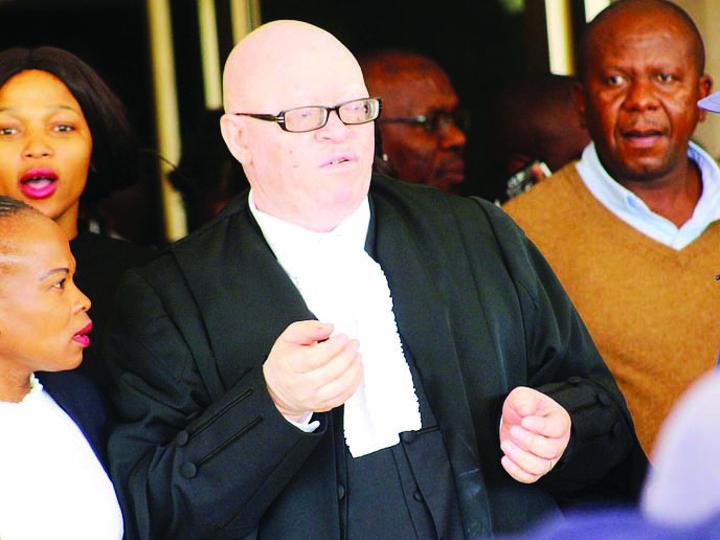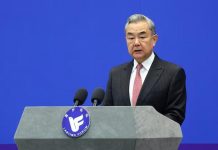Africa-Press – Lesotho. Normally restrained in public discourse, Court of Appeal President, Dr Kananelo Mosito, took issue this week with the head of the judiciary, Chief Justice Sakoane Sakoane over the High Court judges failure to give reasons and write for their court decisions.
Mosito made the call on Monday this week during the court’s official opening. The court is until May 14 sitting for the April and first session. In his opening remarks, Judge Mosito scorned the practice by some High Court judges who never bother giving reasons for their decisions.
This, he said, has affected the Apex Court’s duty of administering justice to litigants who come before it as the court is in some instances forced to postpone matters until the lower court has provided reasons for the judgments.
He said the court has, countless times since 1997, been complaining in its judgements about failure by some of the High Court judges to give outline reasons supporting their rulings.
“We appeal to the learned Chief Justice to prevail over those judges of the High Court who don’t provide reasons for their decisions to do so.
He added: “The importance of the right to be given reasons for an adverse decision should not be underestimated, since in their absence the person affected may be unable to judge whether to challenge it,”
According to Mosito, all judges owe it to litigants and proper administration of justice to give reasons for their judgements. “A professional judge owes a general duty to give reasons.
Judge’s failure to provide reasons he said may result in quashing of decisions, “not on the basis that the decision had been shown to be unreasonable or erroneous in law, but on the basis that the breach of the duty to give reasons in itself warranted the quashing of the decision.
He further stated that the obligation to give reasons is designed not only to inform parties of the reasons for the court’s decision, but also, to make it clear to them and to the Appeal Court, the basis on which their decision was reached, as well as a guarantee that they have reached their result in conformity with the requirements of the law.
The top judge stressed that without the High Court giving reasons for its decisions, it is impossible to tell whether it had been entitled to reach its conclusion hence the need to account for their decisions. Also, he continued, giving reasons for judgement is necessary for transparency and confidence in the operation of the justice system.
Despite the many challenges facing the judiciary, Justice Mosito said the Court of Appeal must be and must remain an independent and impartial Court while also emphasizing the importance of an independent judiciary.
“An independent judiciary is essential to the rule of law in Lesotho and the due administration of justice.
It is equally crucial to public and business confidence, in our judicial system, as well as to the international reputation of the Kingdom of Lesotho as a society that is governed by the rule of law.
The independence of the judiciary he said is seen and experienced when courts, the judges and judicial officers discharge their functions and that in doing their jobs, are not subject to improper extraneous pressure or influence, be it national or regional.
Judge Mosito also took an opportunity to announce that his court has resolved to guard against the quality of the judgements it issue. He said they have “identified that, because of the increasing volume of work serving before this Court, the Court has to guard against quality deterioration in its judgments.
The assurance of quality of the court’s judgments mostly consists of the assessment of the eligibility of the end result of its adjudication. ” The quality assurance mechanisms put in place are the time for delivery of judgments, which has been reviewed to accommodate quality improvements. Unlike a week period which was previously reserved for judgments writing, the court has now reserved three weeks for judgment writing.
For More News And Analysis About Lesotho Follow Africa-Press






